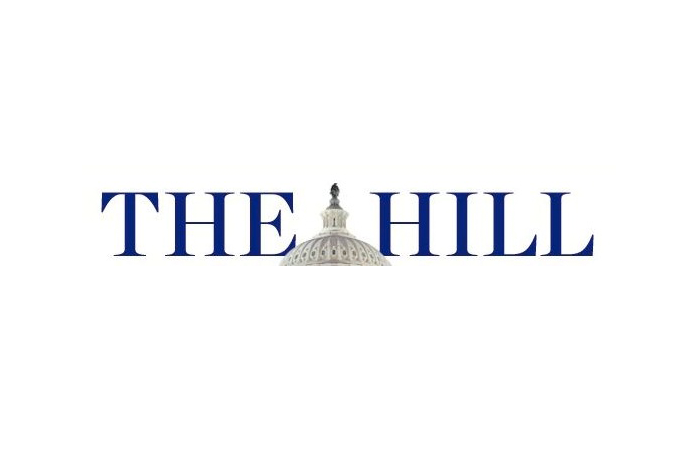By Brad Smith, Greg Walden and Loretta Sanchez
As we celebrate Free Speech Week 2023 (Oct. 16-22), the state of global internet freedom stands in stark contrast to this deeply cherished American value. According to the just-released Freedom on the Net report, internet freedom has declined for the 13th consecutive year. Alarmingly, China retains its title as the “world’s worst environment for internet freedom,” ranking last for the ninth straight year due to the obstacles it creates to open internet access, limits it places on online expression, and its violations of internet users’ rights.
Those statistics are troubling because China wants the global internet of the future to look like the internet China now has at home. Beijing’s “New IP” plan focuses on using international governance bodies like the International Telecommunication Union (ITU) to centralize its control over internet standards, and then forcing the world to adopt its view of internet control. The history of the internet has focused on decentralization, with leadership and control distributed amongst a diverse group of stakeholders. If China’s plan succeeds, the internet will be governed from the top down.
China’s plan also focuses on leading the world in the technologies of the future, like artificial intelligence (AI). The Chinese Community Party (CCP) outlined a plan to lead the world in AI by 2030, and it has attempted to realize this vision through deep private and public investments in the field. If China becomes the global leader in artificial intelligence, it will use this new technology to export its digital authoritarianism.
Here’s what China tech leadership would look like in our daily lives: China’s internet reality could become the reality of our internet, the government would monitor our movements, our conversations with our friends, and our purchases online. It would censor websites, social media platforms, and AI chatbots so that we could only see online what the government wants us to see. It would block access to foreign websites and services, and try to force U.S. companies to play by its rules. It would throw people in prison if they expressed controversial political views online, and it would cut off internet access as a way to try to control certain regions under its control.
These restrictions on internet freedom aren’t just abstract possibilities. These are the tactics the Chinese government uses to control its citizens, which Freedom House has documented over the last decade. In its new report, Freedom House called out China for “harsh crackdowns on free expression” that are “routine.” The organization condemned the CCP for imposing a 14-year prison sentence on Xu Zhiyong, a civic activist and blogger.
We stand at a critical crossroads. China and the United States are locked in an intense, high-stakes competition to determine who will lead the world in the technologies of the future. If China wins, will the open and accessible internet created by America be replaced by a closed, censored, and controlled internet that looks like China’s? Will our internet look like the internet that has placed China so firmly at the bottom of internet freedom rankings?
